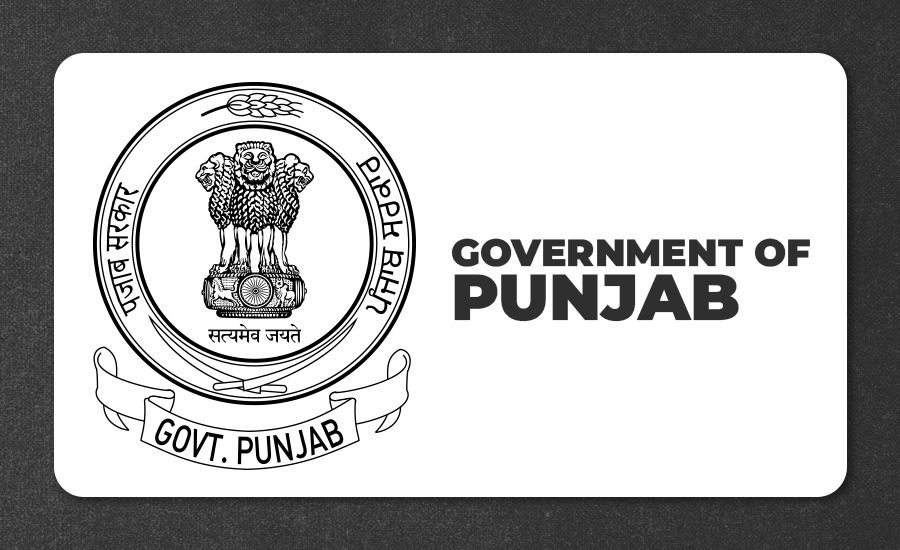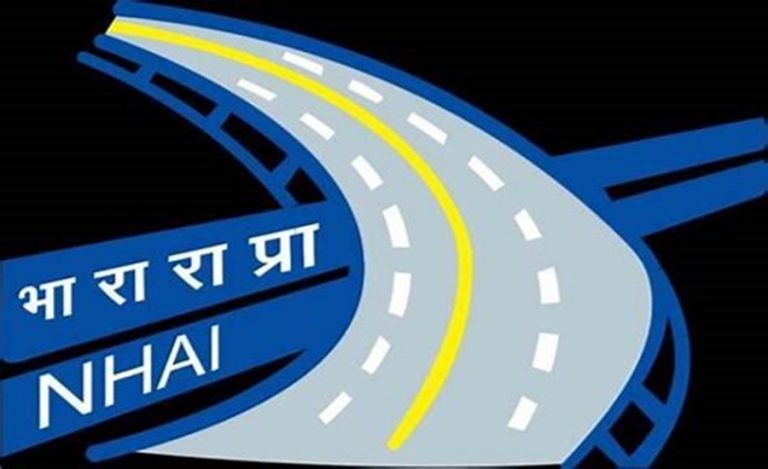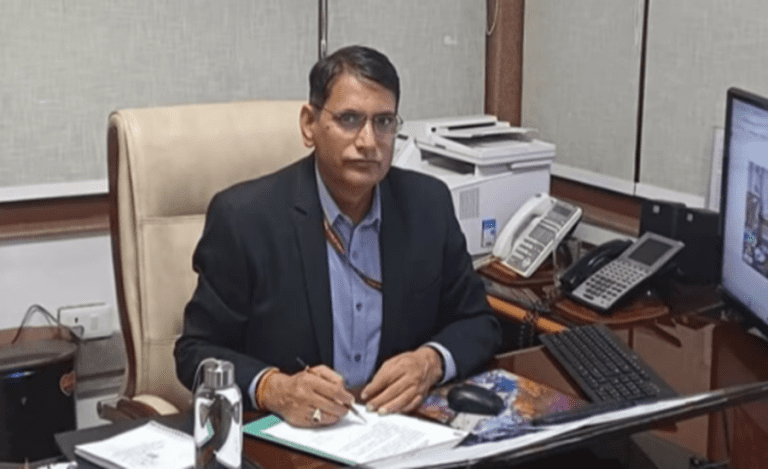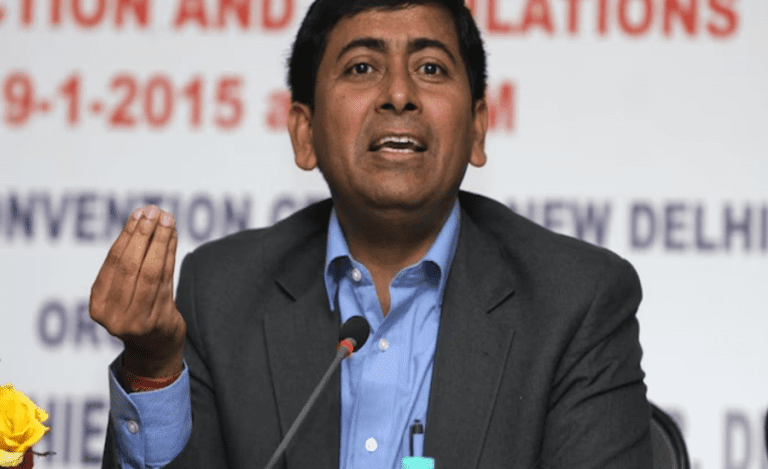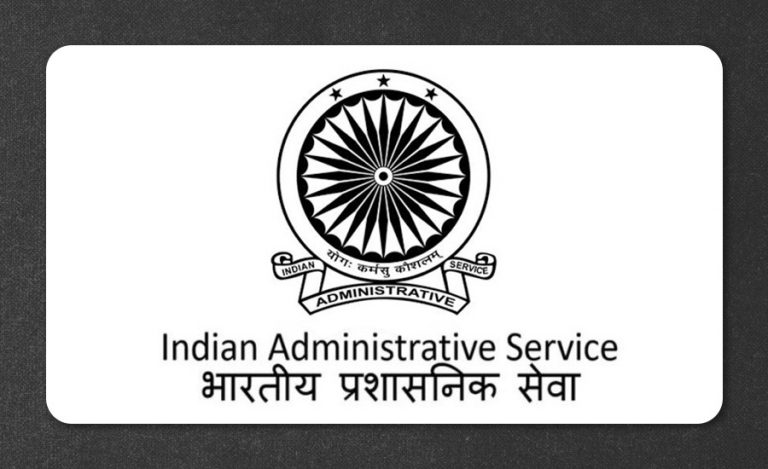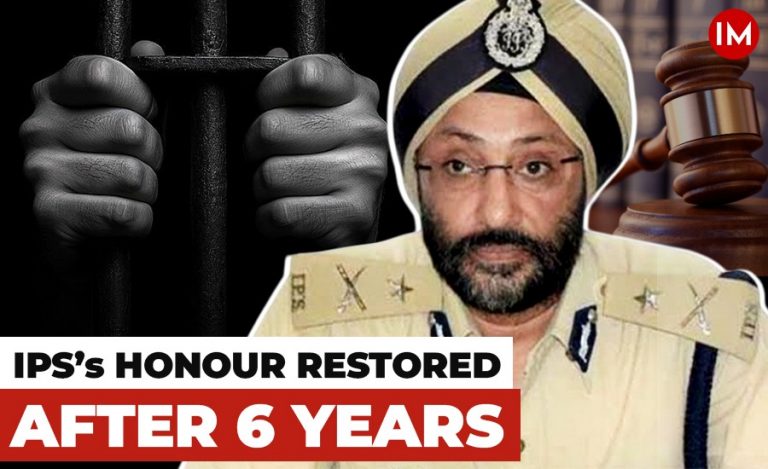The government of Punjab has failed to secure the required prosecution sanction to proceed with a trial against an IAS officer in a corruption case, despite the FIR being filed more than two years ago. The court has highlighted the ongoing delay in obtaining the sanction and scheduled the next hearing for December 16th.
When the Aam Aadmi Party (AAP) assumed power in Punjab in 2022, one of its key actions was arresting IAS officer Mr. Sanjay Popli, who was accused in a high-profile corruption case. The case was brought before the court on Monday to frame charges. However, due to the absence of the required prosecution sanction, the proceedings were adjourned. Mr. Popli, a 2008-batch IAS officer, found himself engulfed in corruption charges while serving as the CEO of the Punjab Water Supply & Sewerage Board.
Why was the IAS Officer arrested?
Officer Popli had been arrested by the Vigilance Bureau (VB) in June 2020. During its investigation, the VB claimed to have recovered significant assets, including 9 gold bricks (1 kg each), 49 gold biscuits (weighing 3,160 grams), 12 gold coins (356 grams), 3 silver bricks (1 kg each), 18 silver coins (180 grams), four iPhones, a Samsung Fold, two Samsung smartwatches, and seven hundred Rs. 500 notes (totalling ₹3.5 lakh). The total value of the recovered gold and silver was estimated to exceed Rs. 6.62 crores!
On October 10th, the Additional District and Sessions Judge (ADSJ) Baljinder Singh Sra noted the significant delay in obtaining the necessary prosecution sanction. The judge observed, “The case is currently stalled at the stage of framing charges due to the pending sanction, which is still awaited from the competent authority. According to the record, the FIR was registered on June 20, 2022, under Sections 7 and 7A of the Prevention of Corruption (PC) Act, accusing the defendant of accepting an illegal bribe of ₹3.5 lakh, with video evidence of the transaction.“
The court further explained that after a thorough investigation, the police had submitted a charge sheet under Section 173(2) of the Criminal Procedure Code (CrPC). However, the sanction requested by the Vigilance Bureau has yet to be approved.
The court also pointed out that the state’s additional public prosecutor confirmed that the government had not forwarded the prosecution sanction proposal to the Government of India, specifically the Ministry of Personnel, Public Grievances and Pensions, which is required for final approval.
In light of the delay, the court referenced the statutory timeline for corruption cases under Section 4 of the Prevention of Corruption Act, which mandates that trials should be concluded within two years. However, without the necessary sanction, the trial cannot move forward.
Way forward:
To expedite the process, the court directed several key authorities—including the Punjab Chief Secretary, the Vigilance Bureau, and the Ministry of Personnel in New Delhi—to take urgent action to obtain the required sanction. Additionally, the court ordered the Chief Director of the Vigilance Bureau in Punjab to personally follow up on the matter.
Finally, ADSJ Sra noted that some of the related cases, originating from the same FIR, are pending in the court of ADSJ Ajit Attri, and ordered that all such cases be consolidated into a single court for more efficient handling.

